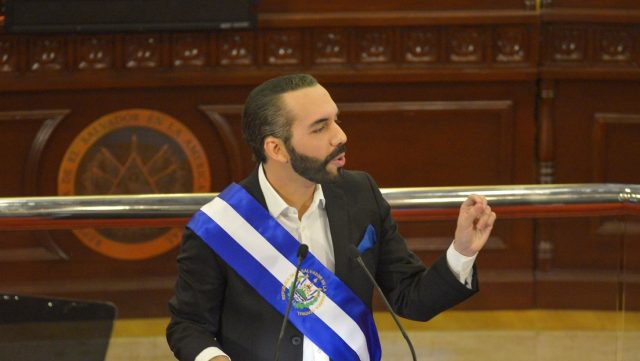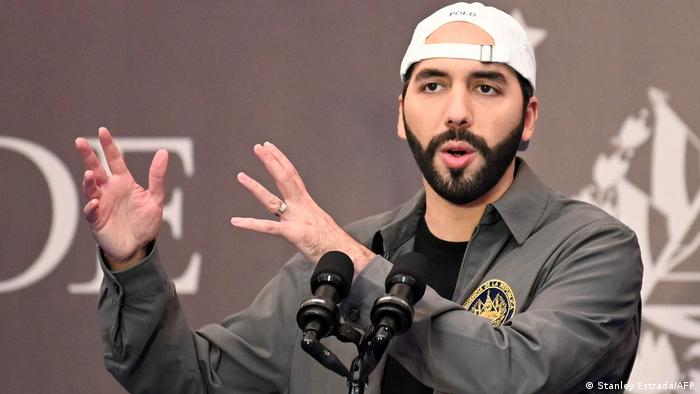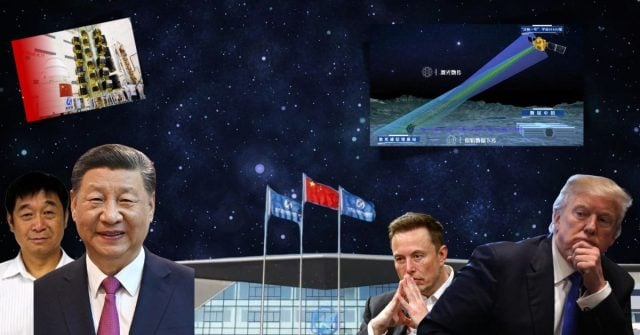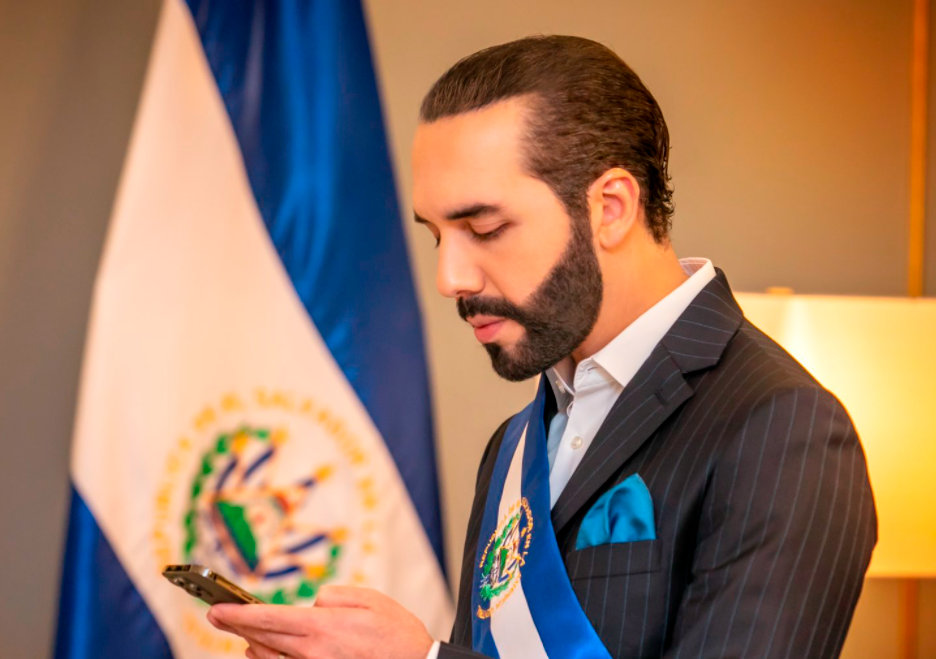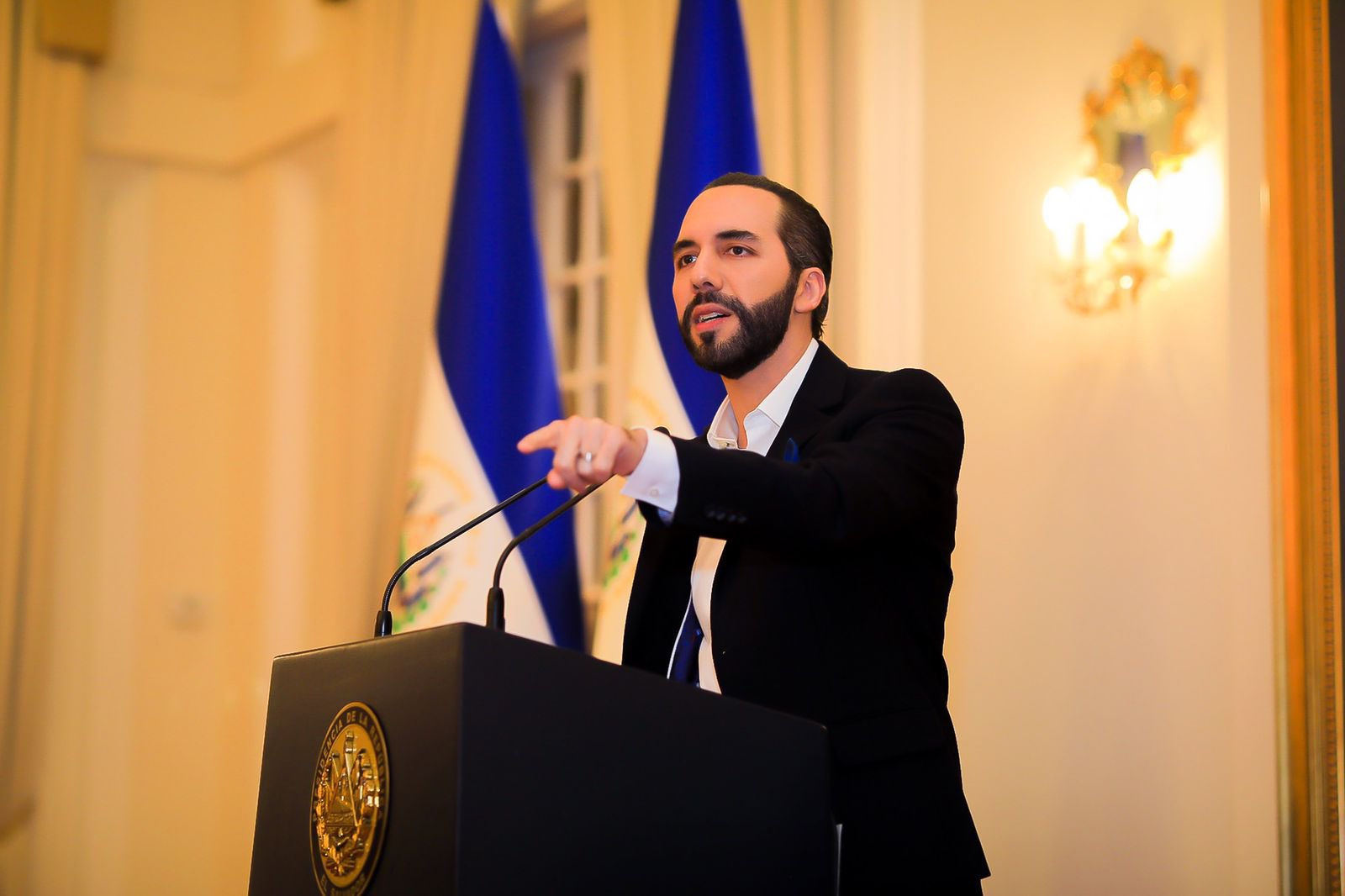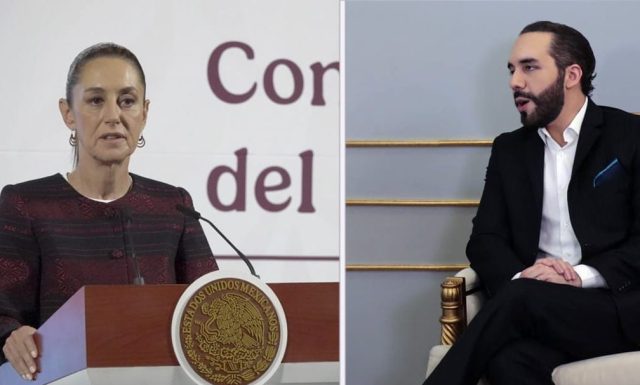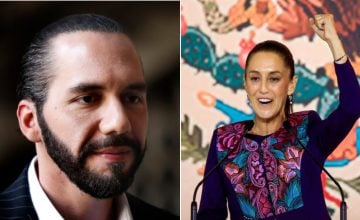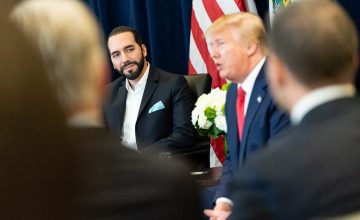The tension between the governments of the US and El Salvador is not new. With each decision of the Salvadoran president, Nayib Bukele, Washington’s reactions are unleashed, and the discursive escalation is increasing. This week, however, a new ceiling was broken.
It must be recognized that what the Salvadoran president has done is not easy, especially when he promoted bitcoin as the second legal currency along with the dollar, explains sociologist and political analyst Ociel Alí López in an article for RT.
Bukele has done so shortly after beginning his government and very close, geographically, to the US, giving bitcoin, in September 2021, a legal status that it had not had in any other country in the world. A true feat that previous governments did not dare to do, due to the degree of friction that this measure entails.
In addition, he does it from El Salvador, a country that knows the forms that a US military intervention can have and the bloody civil war that can result from opposing Washington’s dictates. Therefore, many in the US may see this economic action as an affront.
This week, three well-known senators: Jim Risch, Bob Menendez and Bill Cassidy proposed to the US Congress an initiative for Responsibility for Cryptocurrencies in El Salvador (ACES, for its acronym in English), to investigate El Salvador’s adoption of bitcoin as legal tender.
In a statement, Risch raised the usual paranoid speech: «El Salvador’s adoption of bitcoin as legal tender empowers evil actors like China and criminal organizations».
While Senator Cassidy said: «El Salvador, which recognizes Bitcoin as an official currency, opens the door to money laundering cartels and undermines the interests of the United States (…) If the US wants to combat money laundering and preserve the dollar’s role as the world’s reserve currency, we must tackle this problem head-on».
Bukele raises the tone of criticism
The initiative made Bukele react who, as is his custom, did not let the ball pass and increased the verbal fight: «Well, ‘boomers’. You have 0 jurisdiction over a sovereign and independent nation. We are not your colony, your backyard or your front yard. Stay out of our internal affairs. Do not try to control something that cannot be controlled», he wrote on his social networks.
Bukele’s response would not be aggressive at all, taking into account that it is not addressed to anyone in particular but rather it is a quick reaction, a tuit, against the ‘boomers’, represented by three congressmen accustomed to failing in each of their attempts in confronting the governments of Latin America.
However, his words put more ‘fuel to the fire’ because it recalls the speech of the US president himself, Joe Biden, in which he stated that Latin America was not a «backyard». «Everything south of the Mexican border is a front yard», were the words of the US president at the end of last month.
It seems that Bukele was waiting for some sign to respond. In this case, the ACES law was the pretext to launch a dart at Washington, not only on the parliamentary initiative, but alluding to the speech of the US president himself, without much fear or diplomatic caution.
With this response to the senators, Bukele raised the stakes and turned the tables on Joe Biden’s own speech, becoming the Latin American president who most emphatically rejected the speech offered by Biden on Latin America’s condition of being the «backyard» or «front yard» of the US.
Bukele very quickly deviates from Washington’s «consensus» or guidelines and that does not undermine his massive electoral support.
Context
This response must be contextualized, since it occurs at a complex moment in the region and in a very busy week (while the West looks at Ukraine).
In neighboring Honduras, Washington had to look for the current president Xiomara Castro to be able to see the fall of its ‘historical ally‘ Juan Orlando Hernández, in preventive detention since this week after an extradition request by the US justice system on drug trafficking charges.
In the same week, one of Washington’s most important allies in all of Latin America, Brazilian President Jair Bolsonaro, visited Moscow just as US spokesmen denounced an «imminent» Russian invasion of Ukraine. What does this visit mean? Is it a sign of the US losing importance in the region?
Bukele’s response, the prison of Juan Orlando Hernández in Honduras and Bolsonaro’s visit to Russia seem like three scattered events, but they have similar meanings: the weakening of US hegemony in the region.
While the West is concerned about Ukraine, these «yards» are totally convulsed around the alliance chains that Washington has woven and that seem to be rapidly dismembering.
